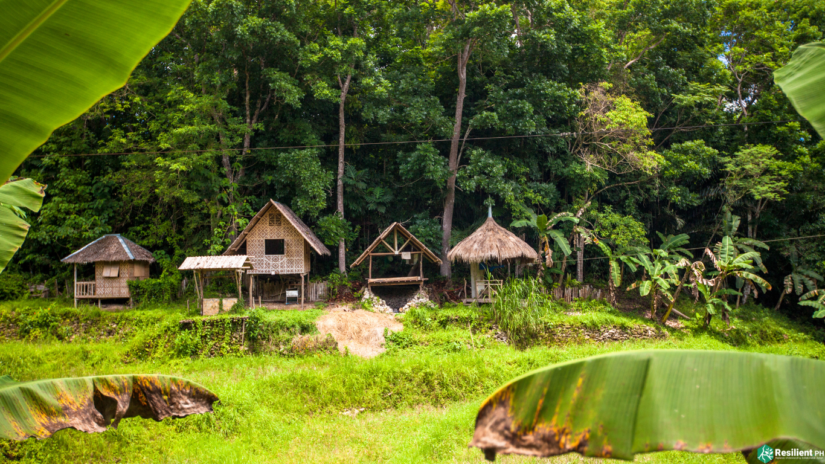OECD’s Economic Outlook for the Philippines focused on Balancing Growth Amid Climate Challenges
The OECD’s economic outlook for the Philippines shows strong growth fueled by household spending, remittances, and key sectors like information technology-business process outsourcing (IT-BPO) and tourism. However, alongside these growth drivers, climate-related challenges threaten to dampen economic momentum, requiring proactive measures to enhance resilience.
According to the OECD report, the Philippines is poised for rapid economic recovery in 2024, supported by robust household consumption and an improved global growth outlook. Remittance inflows, vibrant IT-BPO sector exports, and tourism’s steady expansion also contribute significantly to economic growth.
While Emerging Asia economies, including ASEAN countries, China, and India, exhibit resilience, external headwinds, extreme weather events, and high debt levels pose growth risks. The region’s manufacturing activity, particularly in high-technology exports, is expected to benefit from improved global trade conditions and a potential end to monetary tightening in OECD economies.
Despite these positive prospects, challenges persist, including weak external demand affecting merchandise trade in particular ASEAN countries. Climate disasters are identified as a significant concern that could hinder sustainable development. The OECD stresses the importance of bolstering institutional capacity, increasing funding for disaster risk management, and expanding risk financing options to mitigate these risks effectively.
The report highlights the need for governments to prioritize disaster risk education, strengthen health systems, engage the private sector in resilience-building efforts, and invest in resilient infrastructure. Climate change’s potential impact on the Philippines’ growth potential is emphasized, with a call for addressing urban vulnerabilities and promoting sustainable urbanization practices to mitigate risks associated with rapid urban growth.
In summary, while the Philippines’ economic growth prospects are positive, climate-related challenges underscore the importance of adopting a comprehensive approach to resilience-building and sustainable development. Collaboration between government, private sector, and international organizations is crucial in navigating these challenges and ensuring inclusive and resilient growth.

